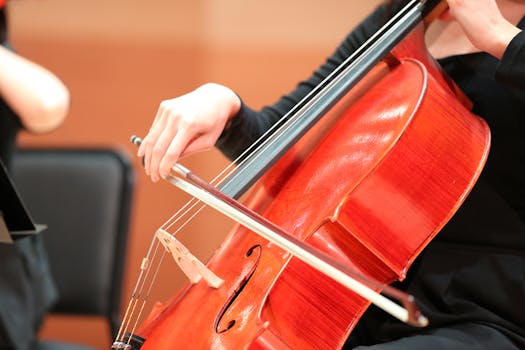Worldwide Analysis of Betting Superstitions
Betting superstitions have fascinated and intrigued gamblers across the globe for centuries. Whether rooted in cultural traditions or personal rituals, these beliefs often guide the decisions of players hoping for a bit of extra luck. This article explores various betting superstitions from around the world, comparing their peculiarities, advantages, and disadvantages, and discussing how they influence betting behaviors.
Understanding Betting Superstitions
Betting superstitions are beliefs or practices thought to influence luck in gambling. They can range from simple habits, like wearing a lucky shirt, to complex rituals involving several steps that must be followed precisely. Superstitious behaviors are deeply ingrained in the cultural fabric of various societies, reflecting a blend of historical, spiritual, and societal influences.
Superstitions in Different Cultures
Asian Betting Superstitions
In many Asian countries, gambling is not just a leisure activity but a part of cultural celebrations, with superstitions playing a significant role. For example, in Chinese culture, the color red is considered extremely lucky, and gamblers often wear red clothing to the casino. Another common practice involves avoiding the main entrance of a casino, especially the one at the MGM in Las Vegas, which is famously avoided by superstitious Asian gamblers because it has a giant lion at the entrance, and entering through the mouth of the lion is considered bad luck.
Western Betting Superstitions
In the West, particularly in the United States and Europe, betting superstitions can also be quite elaborate. Many players believe that $50 bills are bad luck and refuse to use them while gambling. Others may have lucky charms, such as rabbit's feet or specific coins that they use while placing bets. Additionally, some players practice the ritual of blowing on dice before rolling them in games like craps, believing it will bring favorable outcomes.
African and South American Superstitions
In regions like Africa and South America, where traditional beliefs often merge with modern practices, superstitions can take unique forms. For instance, in South Africa, some gamblers use 'muti,' a type of traditional medicine, to bring luck or to curse other players with bad luck. In Brazil and Argentina, some turn to spiritual or religious rituals to enhance their gambling luck, often seeking blessings from local shamans or priests before heading to a gambling event.
Advantages and Disadvantages of Relying on Superstitions
Advantages:
- Psychological Comfort: Superstitions can provide a sense of control in the inherently uncertain activity of gambling. This psychological comfort might enhance a player's confidence, potentially improving their focus and decision-making skills.
- Cultural Connection: Participating in traditional superstitions can strengthen ties with one's heritage, offering a deeper, more meaningful gambling experience.
- False Confidence: Reliance on superstitions can lead to overconfidence, where gamblers take greater risks under the belief that their rituals will protect them from losses.
- Potential Financial Loss: Superstitions can encourage irrational decisions, leading to behaviors that might not be financially prudent in the long term.
Disadvantages:
Practical Examples
In Las Vegas, it's not uncommon to see players refusing to enter through the main entrance of the MGM Grand, as mentioned earlier. Similarly, in Macau, which is a major gambling hub in Asia, casinos often provide red entry carpets and décor to cater to Chinese gamblers who associate the color with prosperity and luck.
Conclusion
While betting superstitions vary widely across different cultures, they all serve similar purposes: to boost confidence and hope for luck. Whether these practices actually increase the chances of winning is debatable, but their influence on gambling behaviors is undeniable. For gamblers, understanding these superstitions can enhance the enjoyment of the game and deepen cultural appreciation. However, it's crucial to gamble responsibly, recognizing that no superstition can guarantee success at the betting table. For those interested in the cultural aspects of gambling, exploring these superstitions can provide an enriching perspective into how different societies perceive luck and fortune.

.png)





